AI product manager skills are a must-have for anyone looking for a rewarding career in AI product management.
Every new product brings its own set of challenges. In 2020, UX Cam shared data indicating that product managers spend as much as 52% of their time on unplanned activities.
Those are far from the only setbacks and difficulties that product managers experience on the job. We must remember that product managers have to juggle a myriad of responsibilities on the job.
AI product managers are no different. The nature of this type of position means facing several challenges on the job. In order to do so, you need to have a particular set of skills. The skills you need to have under your belt exceed the typical ones that traditional product managers need.
This guide serves to break down the key skills that you must master in order to succeed as an AI product manager.
We also discuss how you acquire and improve these skills over time.
Let’s dive right into those skills that you’ll need.
1. Technical Skills
As an AI product manager, not having a strong command of the technical aspects of product development is out of the question. All product managers need to have a deep understanding of the products they’re managing. You need to know what the product does, the role it plays, and how it improves its target customers’ lives.
Therefore, being a successful AI product manager involves having a solid understanding of artificial intelligence and machine learning models. It also requires you to have a sound foundation in the technologies that developers use to build AI products.
This includes any relevant programming languages that they use in app development. It also takes into account the various software building technology that they use to facilitate how well the product operates once the product team has launched it.
Having a solid understanding of both AI and other types of technologies means that AI product managers need to spend time sharpening their technical skills. Studying artificial intelligence and machine learning via a specialized course is a solid option to help you develop in the field.
These types of courses familiarize you with terms and features of the machine learning world such as neural networks, feedback loops, ML products, and training data sets. However, bear in mind that most of these courses do not cover other key aspects of technical product management that you need to have under your belt.
Consider our Product HQ Technical Product Manager Course. This course equips you with the technical knowledge and skills needed to manage products that incorporate complex technologies.

2. Management Skills
Being an AI product manager also means being able to manage teams and projects. Product managers often find themselves having to solve a range of complex problems that present themselves in cross-functional teams.
In order to keep everyone on the same page and ensure that the project goes according to plan, AI product managers need to exhibit responsiveness, versatility, and leadership. This is because the entire product team looks to you to guide the way through AI projects.
As the product manager, you’ll be the first person the engineering and development teams turn to when they need assistance. That’s why you must demonstrate strong organizational and leadership abilities to manage a project from start to finish.
Effective product management involves mastering several different skills. Working as a manager in a previous post helps you sharpen most of these skills. However, in case you haven’t, it is more challenging to manage your product team. Besides, even if you have worked as a manager in the past, chances are you haven’t developed all the skills needed to be an AI product manager.
A good way to prepare for this and strengthen your managerial standing is with the help of a training course. PMHQ’s Product Manager Course is a solid option to help you fortify the skills you need to succeed at managing your product team.
3. Communication Skills
No product manager hopes to build AI-based products and solutions on their own. It takes the effort of an entire product team to create innovative new solutions.
Effective communication within the product team is key to ensuring that everyone follows the plan and aligns with the initial product vision. Inadequate communication leads to several unwanted scenarios. These include:
- Poor prioritization of tasks from both the product manager as well as other members of the product team.
- Inability to meet deadlines on key product design and development milestones.
- Failed product features and functionalities.
- Unsuccessful product launches
AI product managers need to be some of the most effective communicators of the entire process. You need to communicate with different groups in different ways. On one hand, you must maintain constant communication with developers and engineers about the technical side of the project. You must also liaise with investors and potential customers about possible product features and expected delivery dates, among other things.
You develop solid communication skills over time as you participate in more team projects and take on more leadership roles.
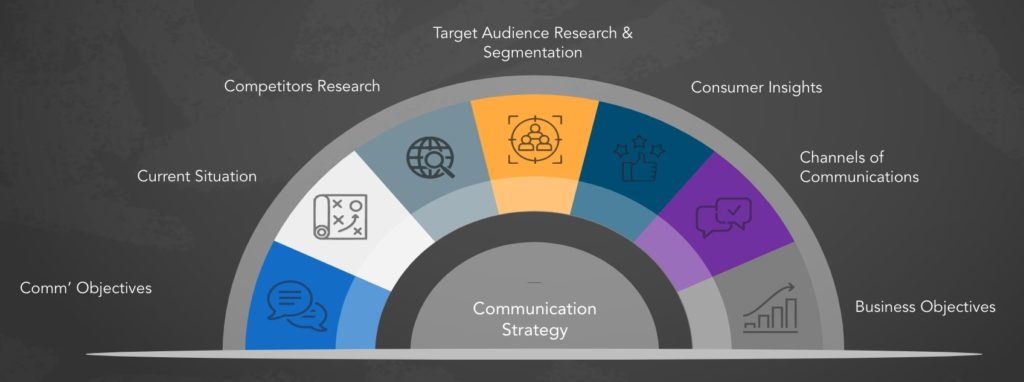
Some product managers leverage communication frameworks such as the one above to help structure how you approach your product team.
4. Research Skills
As an AI product manager, having a strong understanding of data science and deep learning systems is not enough. AI product managers also need to understand their customers and carry out the necessary research. Solid research helps you to make smart, informed decisions.
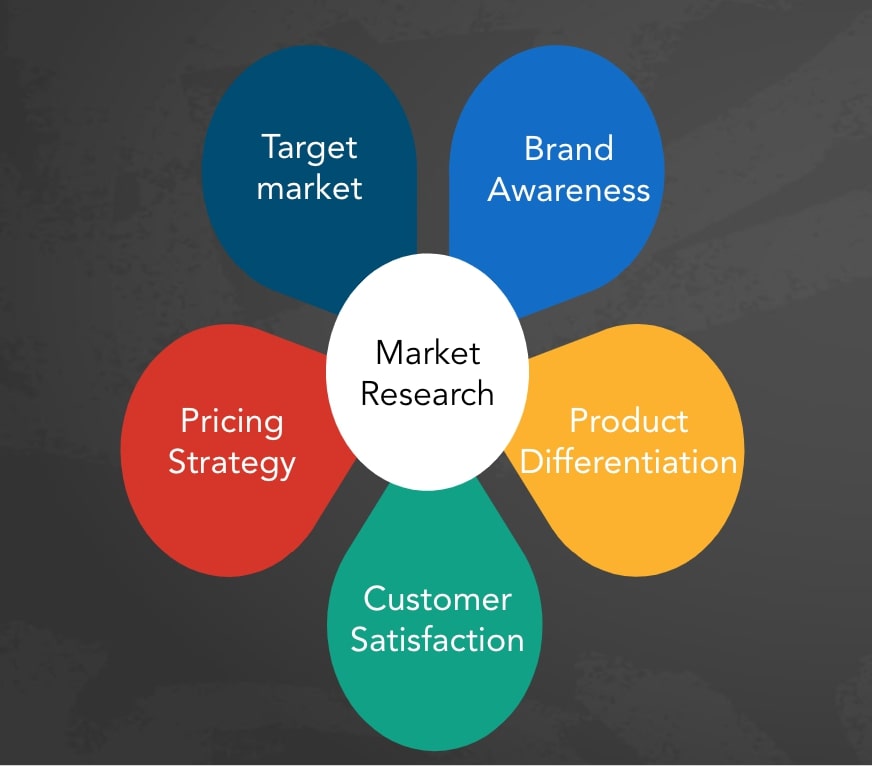
Research abilities are therefore an important piece of the AI product management puzzle.
Some of the common research tasks that product managers have to carry out include:
- Identifying customer needs and validating the intended product’s value.
- Finding out about new customer behavior and market trends.
- Studying the products of competitors to determine the best way to position your product within its market.
In the world of machine learning and computer science, new innovations and developments occur all the time. You can’t afford to get left behind. Aspiring AI product managers should get into the habit of keeping up to date on the latest news in the world of machine learning on a regular basis. Don’t assume that the knowledge you have now is sufficient. Find reliable sources and keep abreast with all of the latest AI-powered developments, AI initiatives, and AI products.
5. Strong Business Skills
Over time, the role of product managers has become more and more strategic. Not only do today’s AI PMs need to manage teams and oversee product development. They also need to have a keen understanding of the business opportunities, principles, and potential behind every product decision.
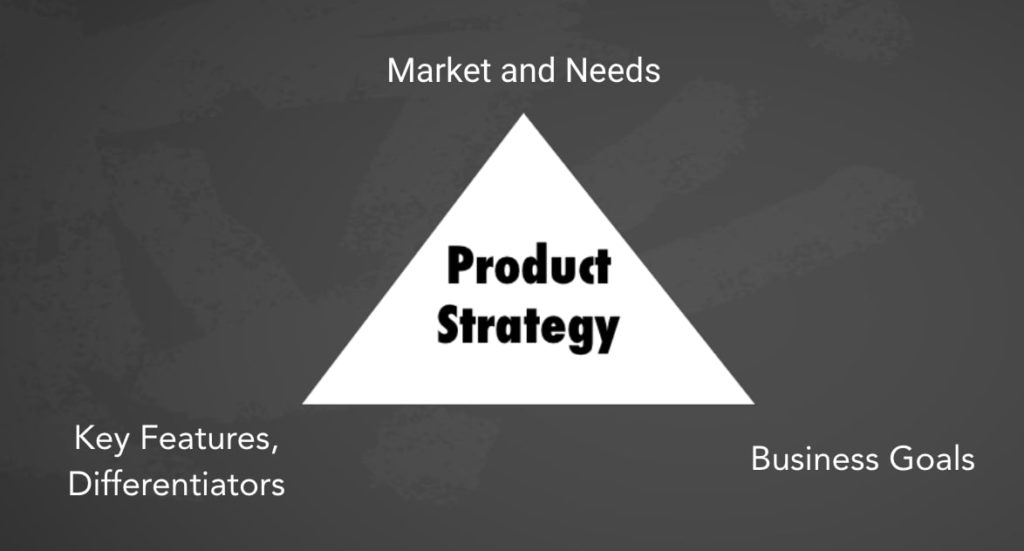
As a result, you need to see the business side of each part of the AI strategy and product development. This involves understanding the product’s respective financial implications, risks, and potential returns, among others. You must also have a thorough understanding of how to market, brand, and launch your product in the most successful way.
That’s why AI PMs need to ensure that they have a solid grasp of business fundamentals. You must be adept at making data-driven decisions bearing in mind the financial ramifications of each stage of the product development process.
6. Analytical Skills
In many ways, AI product managers need to have most of the skills that global business leaders and data scientists have. Not only do you need to be a good manager, leader, researcher, and communicator, but you also have to have strong analytical abilities.
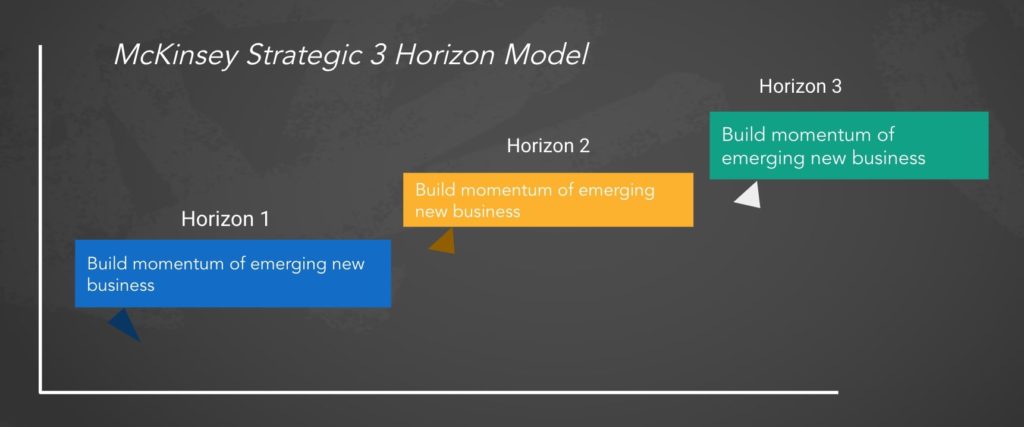
This involves interpreting and understanding a range of data such as performance metrics and business metrics.
Data literacy is essential in this kind of role. After all, you need to make decisions throughout each project you oversee. This requires you to have the right data and information that helps you to make the smartest decision for your project as it progresses. Analytical and interpreting skills help you make those decisions.
Again, the best way to build these specific types of skills is through education. Statistical and analytical courses are available online that help you improve your understanding of data collection and analysis. You also have the option to work alongside technical teams of analytics experts to see how they analyze and interpret data. That also give you insight into the latest analytical tools.
7. Delegation Skills
As stated before, an AI product manager finds themselves in charge of the entire product team. That includes the engineering, design, and marketing teams.
For that reason, a big part of the job has to do with delegating roles and responsibilities to team members.
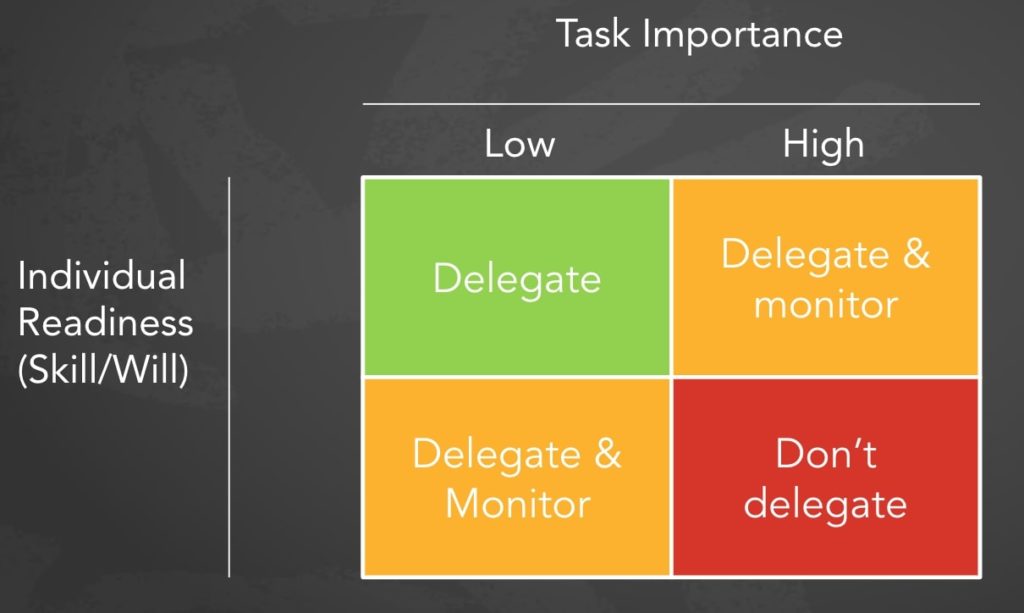
In this sense, managing an AI product is no different from product management. As an AI PM, you need a good understanding of the skill sets and capacities of each team member. This is important as it provides you with an idea of which individual members should carry out the processes involved in product development. You then use that to delegate the tasks associated with each process.
You pick up these essential management skills in a course such as our Product HQ Product Manager Course. Once you understand the fundamentals of product management, delegating tasks becomes second nature.
8. Marketing and Sales Skills
A successful AI product manager also needs to have a solid understanding of the principles of marketing and sales. The role of a product manager is becoming more business-oriented with each passing day. PMs need to devise and implement the right strategies to help their products be successful.
The same goes for product managers who oversee the development of AI products. Let’s say that you’re in charge of an AI-powered program for the healthcare industry, You’ll need to have a good level of knowledge of how to market and sell your product to healthcare institutions in order to ensure that it is successful. This involves studying trends and new ideas in the industry, being aware of the best branding techniques, and much more.
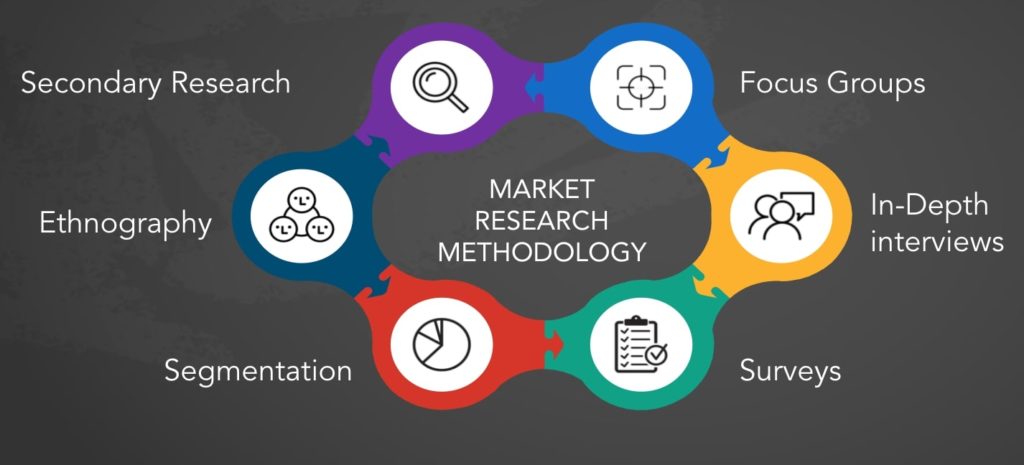
In today’s world, making incredible AI products and being able to leverage AI in bold new ways isn’t enough. You also have to sell those products and get customers interested and engaged. If you need to improve your marketing skills, take marketing and sales courses. You must also spend time working alongside sales professionals. Also, be sure to make use of online and educational resources to find out more about marketing.
9. Prioritization Skills
As an AI product manager, at times you feel overwhelmed having to accomplish a long list of tasks on a daily basis. This is even more true for those without experience managing machine learning projects and products. However, one of the key skills that managers tend to pick up over time is the ability to prioritize.
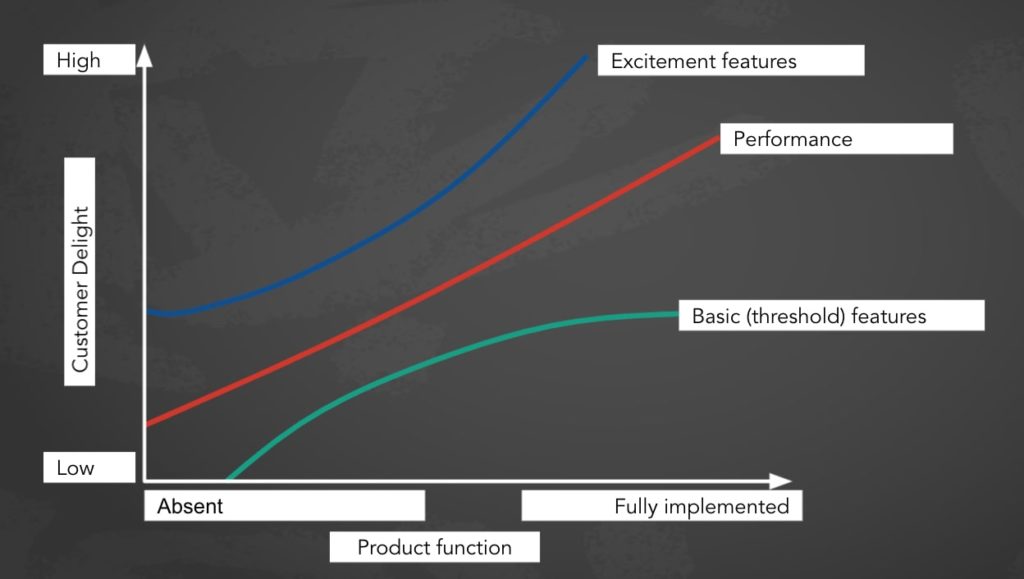
A good machine learning product manager does not get overwhelmed or intimidated by a long to-do list. You must look at your list of tasks and make use of your own insightful and dynamic thinking abilities. With it, you decide which of those tasks is the most important and prioritize them to suit. This helps you to maintain smart, efficient, and effective workflows in your product teams.
Once again, knowledge of ML models and real-world AI applications is not enough. Prioritization is a skill that you acquire over time. Management training courses help you with this. Start looking at tasks and duties on a deeper level. Try to understand the importance of each one as well as why you need to get them done. Then, rank each one based on urgency and importance. This helps to point you in the right direction.
10. Strategic Thinking Skills
At times, AI projects do not go according to plan. Unexpected obstacles crop up along the way. These include:
Interruptions and alterations to the initial product vision
- Failed product-market fit that lead you to pivot your product strategy
- Technical glitches and unforced errors in development that hinder optimal product functionality
- Possible delays to your original schedule
- Interruptions and alterations to the initial product vision
As the product manager, you play an essential role when things go wrong with your AI product. You must use strategic thinking to adapt your approach and meet the changes and challenges of the process head-on.
When challenges come knocking on your door, you have to think of ways to solve them. This involves thinking outside of the box. Limiting yourself to the original product roadmap contradicts the spirit of product management. Instead, you must anticipate possible problems that come your way. You must then come up with a plan to handle those problems if and when they show up.
Educational courses and programs assist you with developing your strategic thinking skills. Don’t be afraid to take steps to improve your strategic abilities on your own. Try to get into the habit of thinking ahead in the product lifecycle and imagining possible problems that appear.
Then, come up with ways to overcome them. Adopting this mindset aids you in becoming a much better problem solver and more adaptable AI PM.
